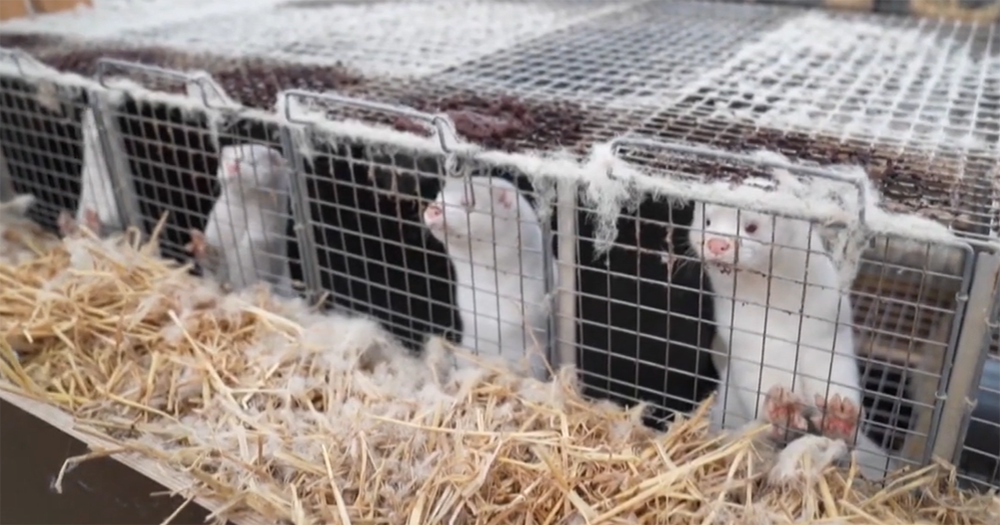13 new viruses that could spread to humans found at China fur farms
A total of 125 viruses were detected, which came from samples from 461 animals, most of which were from fur farms.

Multiple viruses, some of which are new and have the potential to jump to humans, have been detected at fur farms in China.
Edward Holmes, a virologist who has conducted research into Covid-19, said he felt the fur farming industry is one of the "most likely" ways by which a new pandemic will begin, AFP reported.
He said: "I strongly believe that the wildlife trade was responsible for the emergence of Sars-CoV-2 (the Covid-19 virus)."
125 viruses, including 36 new ones detected in samples of 461 animals
Holmes was one of the authors of a new study in Nature, which examined the danger posed by fur farms in China, where the first Covid-19 cases apparently emerged.
The team of researchers, which was led by the mainland Chinese, took the genetic material from the lungs and intestines of 461 animals, including minks, rabbits, foxes and raccoon dogs, and sequenced them.
Most of the animals were from fur farms.
Some were also farmed for food and traditional medicine, while 50 were wild animals.
All of the animals had died of diseases from 2021 to 2024.
The researches found 125 viruses, including 36 new ones.
A total of 39 were also found to have a high risk of spilling over into humans, with 13 of these being new viruses.
Seven types of coronaviruses found
The study identified seven types of coronaviruses although none were closely related to Sars-CoV-2.
Other viruses include three subtypes of influenza A and several types of bird flu.
Holmes added that the virus which concerned him the most was a "Pipistrellus bat HKU5-like virus", which used to be detected in bats but was found in the lungs of two farmed minks.
Holmes added the fact that it had jumped from bats to farmed mink should raise "alarm bells".
The virus is also a relative of the Middle East respiratory syndrome virus (Mers), which is fatal to humans.
In 2020, Denmark said it would cull its farmed mink population of 17 million after the discovery of a mutated Covid-19 strain on the farms.
A total of 12 people were also found to have been infected by the mutated strain.
Mink production was allowed to resume on Jan. 1, 2023 at a "significantly reduced" level, according to the Associated Press.
Top screenshot via euronews/YouTube
MORE STORIES





















